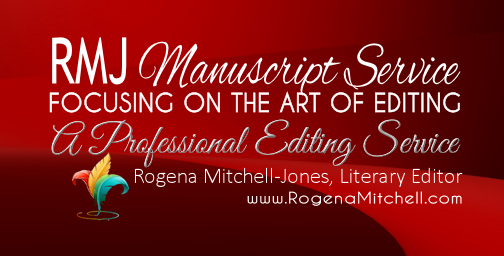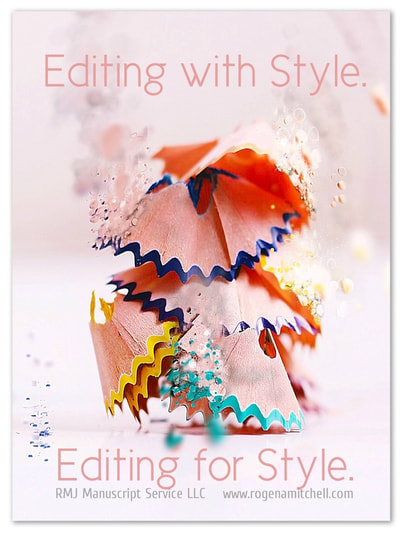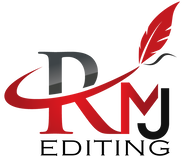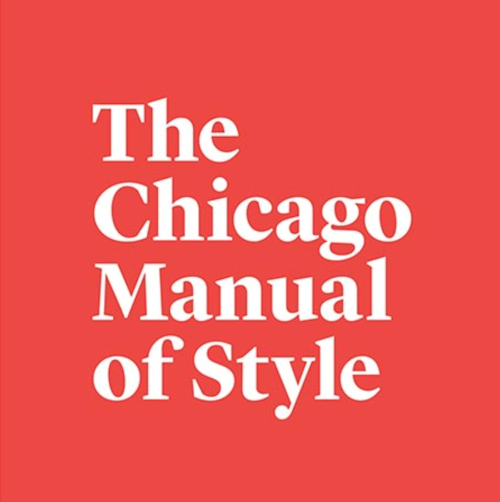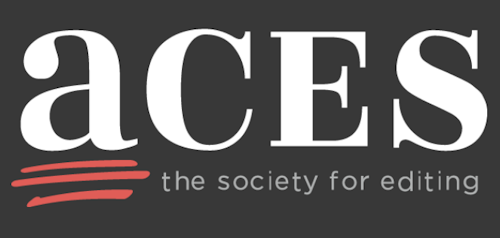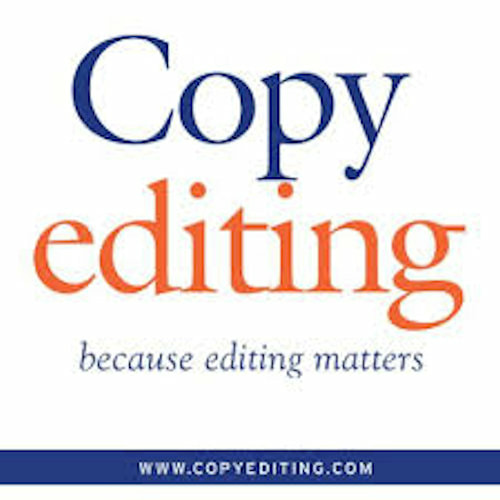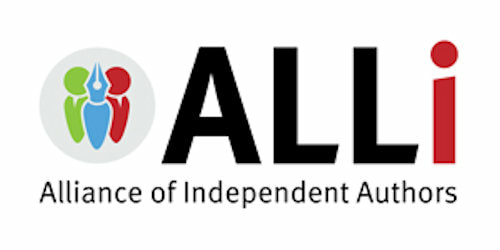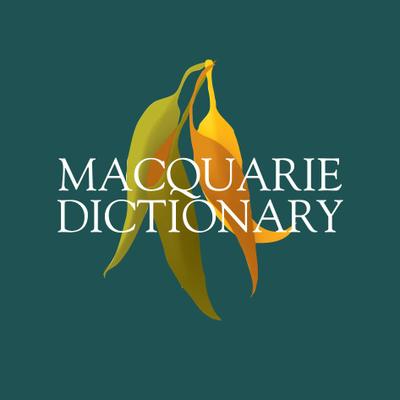She works hard for her authors, going above and beyond what is required. She pours herself into a manuscript and works on it like it was her manuscript... not someone else’s. From editing to formatting and more, Rogena takes care of her authors." — Bestselling Author Tom Sechrist
Steps to Publishing... Things to Consider
|
YOU'VE WRITTEN YOUR BOOK. NOW WHAT?
What should be your next step after writing your book and creating your cover? EDITING. Editing should be a requirement. You should never publish until your manuscript has gone through proper editing by a reputable copy / line editor. Each step is important. We know each step also equals an expense. However, if your dream is to be a great writer, author, or novelist, editing should never be an option—it should be a requirement. If you would like to write an epic novel, you should follow the steps below.
Proper punctuation can make the difference between a well-written sentence and a sentence that's, well, written. |
|
1. WHAT IS A BETA READER?
A Beta Reader is usually a reader or readers who will do just that... READ your manuscript and converse with you about things that might not be clear or could come across a little smoother for your future readers who will be purchasing your books once published. They will point out inconsistencies in your story and will also look for known issues you are aware you have in your writing with a list you provide them. 2. WHAT IS A CRITIQUE PARTNER? A Critique Partner is usually another author who is willing to tell you, in no uncertain terms, if your story needs major work or not. They will also do minor editing for you and work with you with minor flow and content. It is best that a Critique Partner is not a family member, but rather, someone who wants to see you succeed and will be completely honest with you about what might need work. Family might want to watch you succeed but might not be able to be completely honest about things that need work. 3. WHAT IS A CONTENT EDITOR? A Content Editor is an editor who will read your story and work with you on the clarity, inconsistencies, plot holes and flow, and basic readability of your manuscript. They will work with you to help you determine the correct genre, make sure your story is believable, and to help your story be the best it can be. A Content Editor is a Developmental Editor. They help you develop your story. It can make an enormous difference in the way your story is perceived by the reader. A person who focuses on content is not typically a Copy Editor and vice versa.They might do minor line edits and proofreading. However, their expertise is content, storyline, and flow. The Copy Editor will then do the final polish. |
4. WHAT IS A COPY/LINE EDITOR?
A Copy Editor or Line Editor might help with some of the above (Beta/Critique/Content), but their primary focus is on grammar, punctuation, and typographical errors. These are the things most reviewers will notice and will leave negative reviews after they read your book. A Copy Editor should be one who reads every word in your manuscript looking for grammar issues, punctuation errors, inconsistencies in the story, spelling, proofreading, and minor content editing. They will look for tense issues, proper dialogue punctuation, point of view issues, contextual spelling, grammar issues and inconsistencies, and much more. Many will work with you on minor critiquing and content issues. Minor is the keyword as they focus on polishing your writing to make it as professional as possible. A Professional Copy / Line Editor will usually go through your entire manuscript a minimum of twice, and then will go through any additional changes and rewrites prior to publication. 5. WHAT IS A PROOFREADER AND WHY DO YOU NEED ONE AFTER GOING THROUGH EACH OF THE PREVIOUS STEPS? A Proofreader is what all of the above will attempt, but there will always be something missed. Your/You’re, Their/They’re/There, That/Who, Effect/Affect, and so on and so forth. A Proofreader should NOT make changes to the punctuation once a Professional Copy Editor has made their edits. However, your proofreader might tell you if your editor did not do their job correctly. If your proofreader is questioning the edits made by a copy editor, it might be time to investigate to see if your editor has done their job thoroughly and accurately. (RMJ Manuscript Service requests any punctuation questions by a proofreader be addressed with the editor who performed the initial edits. We are all human and can miss things, but we would like to be made aware and able to explain why we included or excluded a particular form of punctuation.) |
Rogena was professional and courteous throughout the entire process of getting my first book edited. I feel I have already gained much knowledge for writing and grammar after only my first novel. I look forward to working with her again, and again, and again." — Chris Heinicke, Bestselling Author of 5PM |
RMJ EDITING—Where EXCELLENCE Takes PRECEDENCE.
We remain focused on the ART of EDITING™, showing writers how to write appealingly perfect.
We remain focused on the ART of EDITING™, showing writers how to write appealingly perfect.
Editing & Manuscript Service |
Blog, journals & other services |
memberships
|
Created by Rogena Mitchell-Jones | Copyright Rogena Mitchell-Jones. | All Rights Reserved 2019

